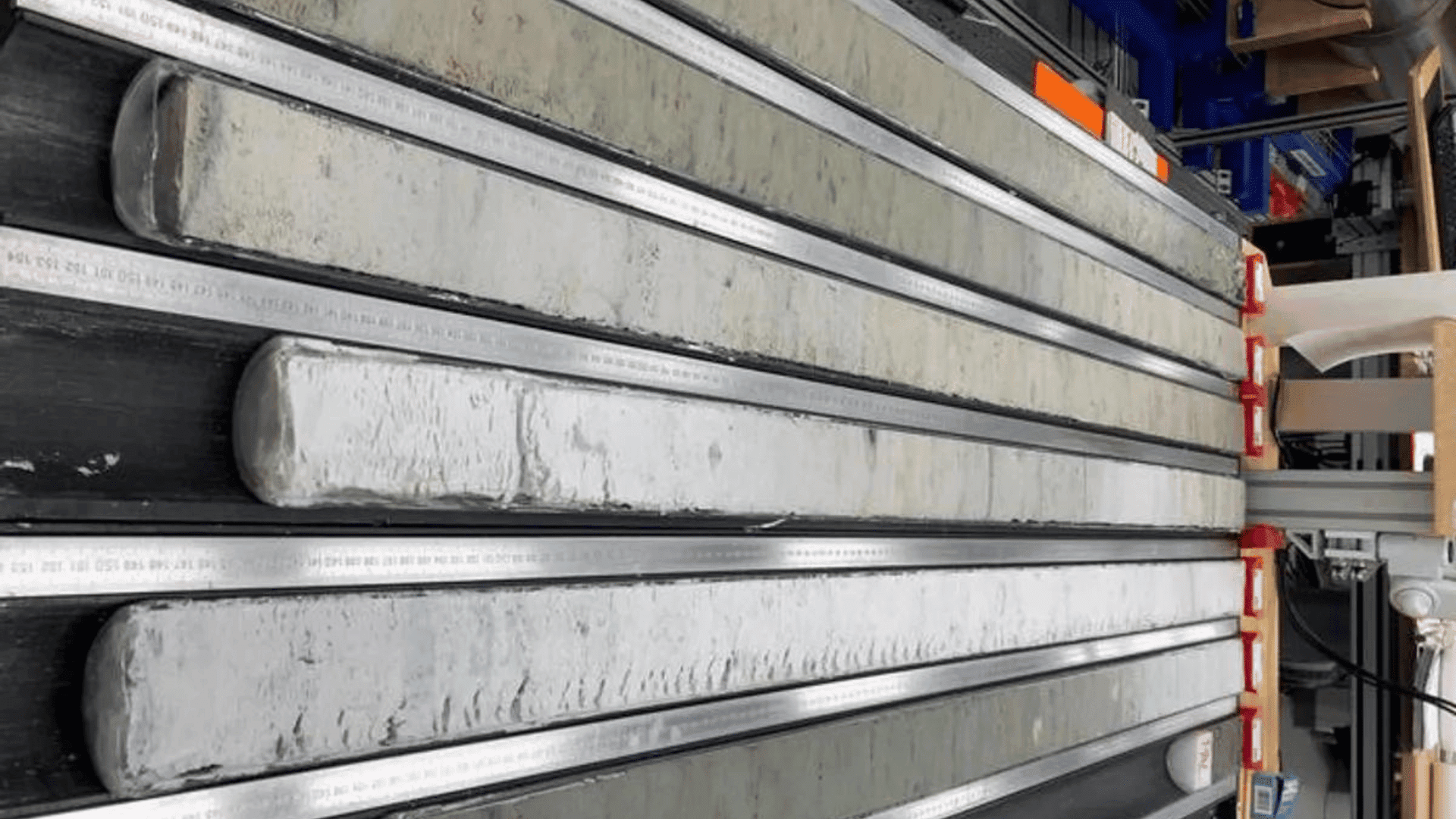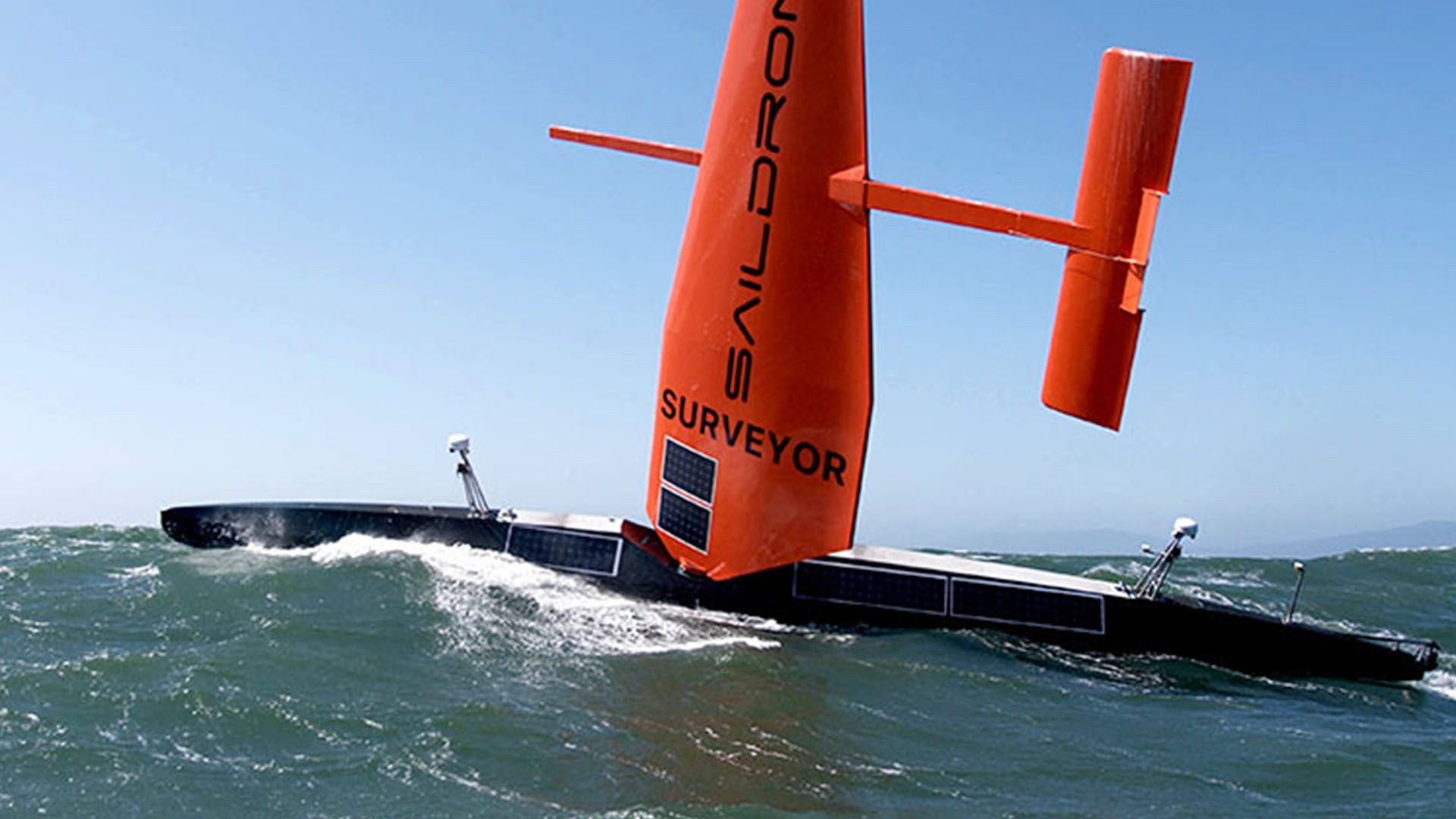Ancient ocean sediments have revealed the fluctuations in the strength of the Antarctic Circumpolar Current (ACC) over the last 5.3 million years, showing that the ACC is speeding up.

Research seems to indicate that the current is strongest when the Earth is hottest so, as global temperatures continue to rise, the current continues to speed up.
The ACC is not only the greatest conveyor of water on the planet, moving 100 times as much water as every river in the world combined, but it’s also thought to be the main reason the Earth is cooler now than it was 35 million years ago.
The presence of the ACC stops warm water from the tropics from reaching Antarctica’s shores and melting ice in the summer, which would ultimately warm the planet by reducing the amount of light reflected to space.
The cause of the recent acceleration is thought to be a 40 percent increase in wind strength over the Southern Ocean. Climatologists are attempting to discern whether those stronger winds are caused by human-induced global warming or something else.
To answer this question, a team of a dozen countries investigated the ACC’s history using sediment cores from the deep ocean. The cores are difficult to collect as it’s challenging to drill into the deep seabed and the rough waters caused by the increased winds.
Explore Tomorrow's World from your inbox
Get the latest science, technology, and sustainability content delivered to your inbox.
I understand that by providing my email address, I agree to receive emails from Tomorrow's World Today. I understand that I may opt out of receiving such communications at any time.

From the research vessel JOIDES Resolution, the team of climate scientists managed to remove five cores in the South Pacific Ocean beneath the ACC. When the ACC is slow, small particles dominate the sediment but get larger as it speeds up, providing a record of its speed over millions of years.
According to the cores, current speeds aren’t as fast as the ACC can go with some interglacial periods accompanied by speeds 80 percent faster than they are today. Though the ACC has an important role, it is thought that the extra energy in a faster current could be transferred to ice at the continent’s edges, accelerating its melting.
“If you leave an ice cube out in the air, it takes quite a while to melt,” study co-author Dr Gisela Winckler said in a statement. “If you put it in contact with warm water, it goes rapidly.”







